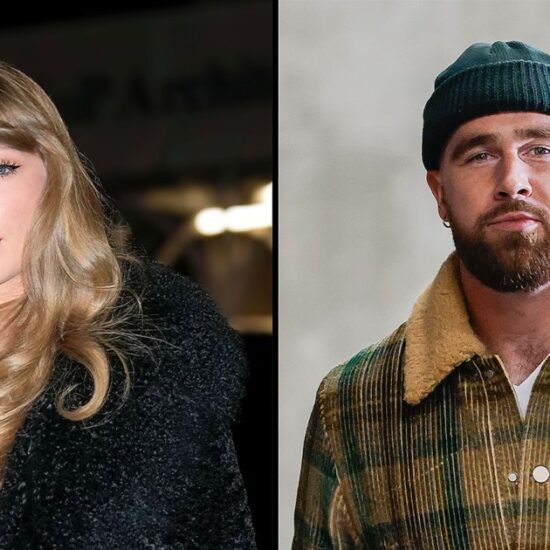
How can Mariah Carey be facing a copyright lawsuit in 2022 over “All I Want for Christmas is You,” a song that was released in 1994 and has been wildly popular ever since? The short answer: Because the U.S. Supreme Court says so.
Carey was hit with an infringement lawsuit Friday by a Mississippi artist named Vince Vance, who claims the singer stole her perennial holiday blockbuster from his 1989 song of the same name. That’s no small accusation: “All I Want” has reached No. 1 on the Hot 100 during each of the past three holiday seasons.
The case immediately prompted the question: Isn’t it too late for Vance to bring his case? There must be a statute of limitations for suing over song that’s been in the zeitgeist for nearly three decades, right?
The surprising answer to that question is no, thanks largely to a U.S. Supreme Court decision in 2014 on the movie Raging Bull, which overturned long-standing rules on how long a copyright owner can wait before taking action in court.
“The result has been not just the suit against Mariah Carey, but a flood of people coming out of the woodwork with decades-old copyright claims,” says Mark Lemley, a professor of intellectual property law at Stanford Law School.
The federal Copyright Act does have a three-year statute of limitations, but it’s a so-called “rolling” time limit that resets with each new infringement. That means every time “All I Want” is streamed, synched or sold, the clock restarts and someone like Vance can sue for damages over the previous three years of alleged wrongdoing.
“Given that Mariah Carey’s song is still actively being licensed and distributed, this means that any infringement claim related to that song may be brought,” says Paul Fakler, a veteran music litigator at the law firm Mayer Brown.
Until recently, though, a separate time limit largely prevented cases like Vance’s from being filed. The doctrine of “laches” is a rule under the American legal system that says it’s wrong to bring lawsuits if you’ve waited so long that it makes it’s unfair to your opponent. Put another way: If you aren’t sued for many years, the court system deems it fair to assume that you’re in the clear.
But in a 2014 decision over the rights to Raging Bull, the U.S. Supreme Court ruled that laches didn’t apply to copyright cases. The justices said that as long as someone sued within the Copyright Act’s three-year window, they could seek to recover damages for those previous three years. The high court even explicitly said it was fair game for copyright owners to wait for as long as they wanted in order to maximize their winnings.
At the time, legal experts warned that the Supreme Court’s ruling would likely lead to an explosion in years-old copyright claims. In the music industry, they were quickly proven right: Just days after the “Raging Bull” decision, a band called Spirit accused Led Zeppelin of stealing the intro to 1971’s “Stairway to Heaven.” Later, U2 was hit with an infringement lawsuit over 1991’s “The Fly,” and Meat Loaf was sued over 1993’s “I’d Do Anything For Love,” among many others.
“Spirit’s suit against Led Zeppelin for the opening of ‘Stairway to Heaven’ nearly 40 years after the fact is a high-profile example,” Lemley said, “but there have been dozens.”
The Raging Bull ruling means that Vance’s case against Carey is fair game, all these years later. But just because someone can bring a lawsuit doesn’t mean they’ll win it — and experts say Vance’s allegations over “All I Want for Christmas is You” should still face a difficult road ahead in court.
Though the two songs share an identical name and single lyric, that’s where the similarities pretty much end. And that name is hardly unique: records at the U.S. Copyright Office show many other songs with the name “All I Want For Christmas Is You,” including a number from before either Carey or Vance’s song were written.
“The only similarity he claims is in the title of the song, not the music or lyrics,” Fakler said. “Words and short phrases are not protectable under copyright law, and there are dozens of other songs with that same title.”













